According to nonprofit organization Anxiety Disorders Association of America (ADAA), anxiety disorders are the number one mental health problem in America, affecting about 18 percent of the population (40 million adults over 18 years of age). Adding herbal teas to your daily diet and routine can be both a healthy and convenient way to soothe feelings of anxiety. Stay away from teas that contain caffeine, as caffeine is known to increase anxiety. Below are just 7 of the many natural herbal tea remedies that can help you relax.
1. Kava
Kava is by far the most well-known and well-researched herbal treatment available for controlling anxiety symptoms. Many have likened the effects of kava to a very common anxiety drug called Buspar, and kava itself appears to have all of the qualities of an effective herbal remedy – it’s non-addictive and can be taken as needed, it’s safe, and it is completely natural. However, there are a few things to note about kava tea. First, the kava tea you buy at a grocery store is not strong enough to combat anxiety. You need 300 or so kavalactones a day at some estimates, and basic teas only provide 30 to 50 – not enough to feel any effects. You’ll need to buy a more pure kava herbal tea, like the ones sold in tea shops. You’ll also need to combine it with something that has fat in it, like butter or coconut milk.
2. Passionflower Tea
Passionflower tea is “kava-lite.” It’s not nearly as strong as kava and fewer studies have confirmed its benefits, but many people swear that Passionflower has provided them with the same relaxation effects as kava without the same risk of side effects.
Because passionflower’s “dosing” isn’t quite as well known, it’s unclear whether store-bought teas provide enough of the flavonoids that make passionflower effective. Research has only focused on “drops” of passionflower extract, usually around 30 drops three times a day. In tea, the amount of flavonoids compared to a “drop” is much less clear. It’s best to start small and work your way up, seeing if there is any effect along the way.
3. Valerian Root Tea
Valerian root is unique, in that while it is not designed for anxiety, many people find that the calming nature of valerian is extremely effective for soothing anxiety symptoms. Valerian’s traditional use is as a sleep aid. Many people use valerian root to help them get to sleep when they’re suffering from insomnia.
But those same calming properties may have an effect on anxiety as well. In this case, valerian is dealing with anxiety symptoms directly, not the anxiety itself. Valerian root should be taken carefully until you know how it affects you. The tea should be taken at night at first to see if it helps aid your sleep. If you decide it is providing you with the effects you’d hoped for, try taking it during the day, but make sure that you avoid driving until you know how fatigued it makes you feel.
4. St. John’s Wort
The St. John’s wort plant has yellow flowers and is considered to be a weed throughout most of the United States. It has been used for medical purposes in other parts of the world for thousands of years. Today, St. John’s wort is continually being studied to try to validate its alleged mood-improving benefits.
Many studies have been conducted to evaluate the effectiveness of St. John’s wort. Some studies have suggested benefit, but other studies have not. While the true benefits of St. John’s wort are still being explored, if you do choose to use it, be sure to learn all you can and check with your doctor before taking it. St. John’s wort can interact with other medicines or supplements you may be taking and may have side effects.
5. Chamomile
A study in the Journal of Clinical Psychopharmacology shows that patients who received chamomile treatment experienced a significant change in the severity of Generalized Anxiety Disorder (GAD) symptoms. The herb has been used to calm nerves, decrease indigestion and calm the stomach. Steep 1 tablespoon of dried chamomile in a cup of boiling water, three times a day for about two months.
Chamomile has been used as a traditional medicine for thousands of years to calm anxiety and settle stomachs. In the U.S., chamomile is best known as an ingredient in herbal tea.
6. Peppermint
Peppermint has several medicinal qualities. In addition to helping to calm anxiety, (mostly associated with other issues like depression), peppermint is also known to help relieve symptoms associated with the common cold, upset stomach, skin irritations, indigestion and headaches. To drink in a tea, combine 1 cup of boiling water and 1 teaspoon of dried peppermint leaves and let it steep for 10 minutes. You can drink peppermint tea about four or five times a day (between meals). However, it’s a good idea to check with a doctor if you are pregnant or breastfeeding.
7. Lemon Balm
Lemon balm has been used to help reduce stress and anxiety, as well as increase appetite, improve sleep, heal wounds, ease pain, treat stings and other insect bites. The herb is commonly combined with other herbs, such as chamomile, to help calm nerves. Steep about a quarter to 1 teaspoon of dried lemon balm in hot water up to four times a day.
Source: CalmClinic & eHow Food
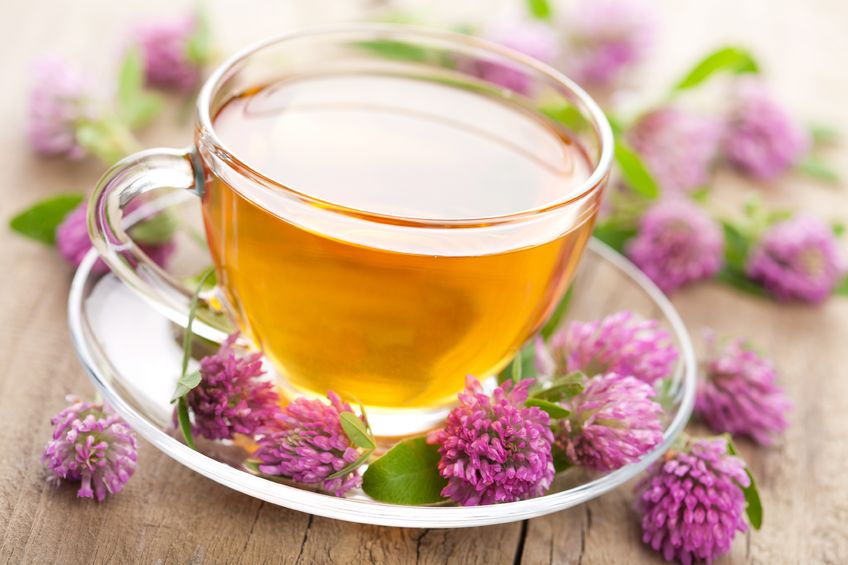
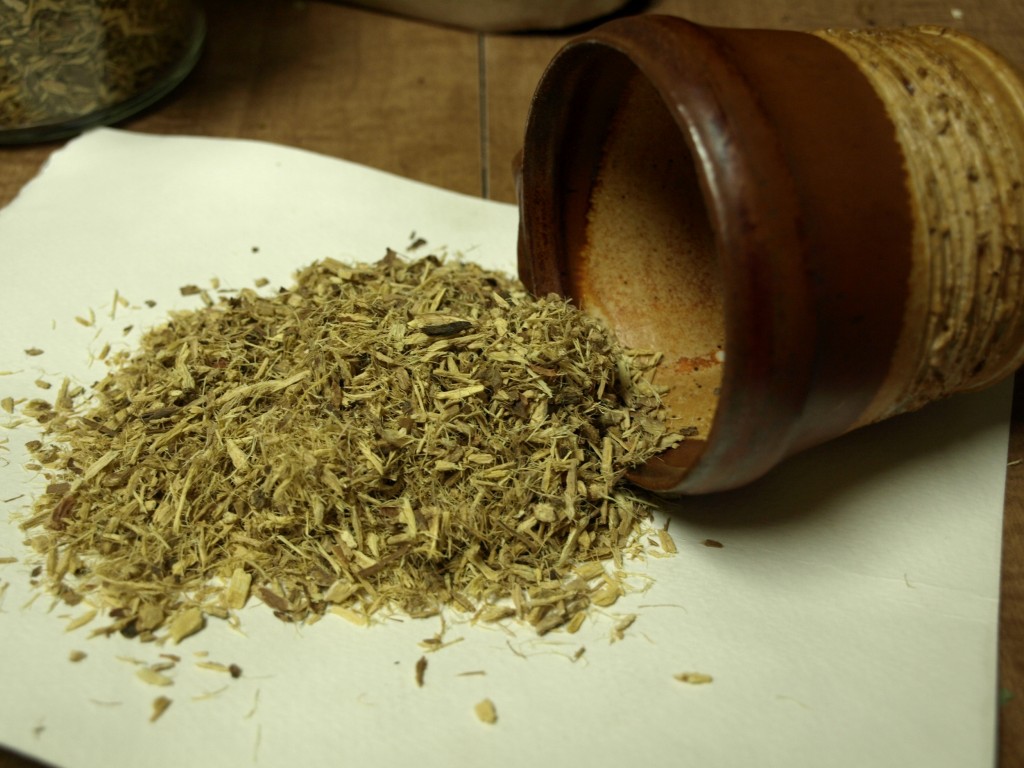
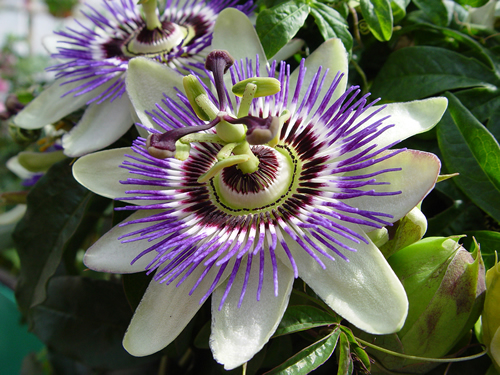
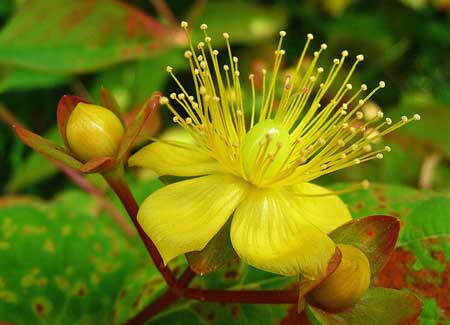

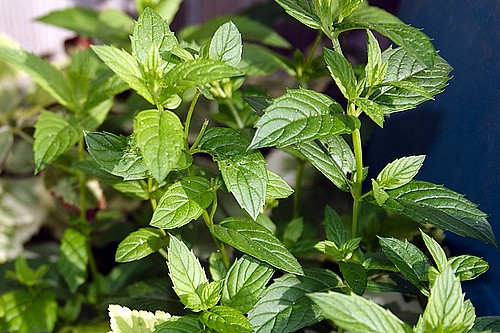
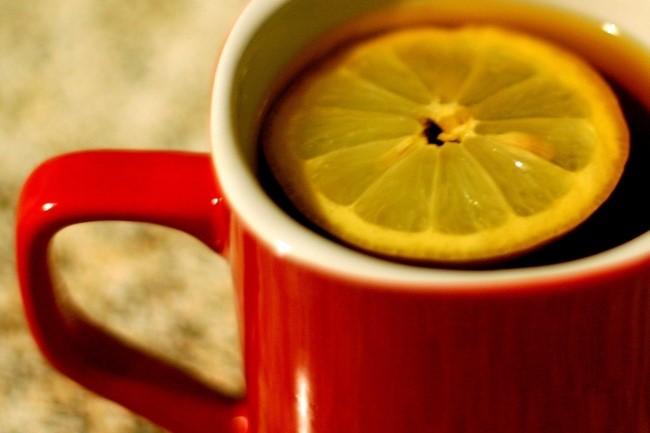









Hello. I see that you don’t update your blog too often. I know that writing
articles is time consuming and boring. But did you know
that there is a tool that allows you to create new posts using
existing content (from article directories or other
websites from your niche)? And it does it very well.
The new articles are unique and pass the copyscape test.
You should try miftolo’s tools